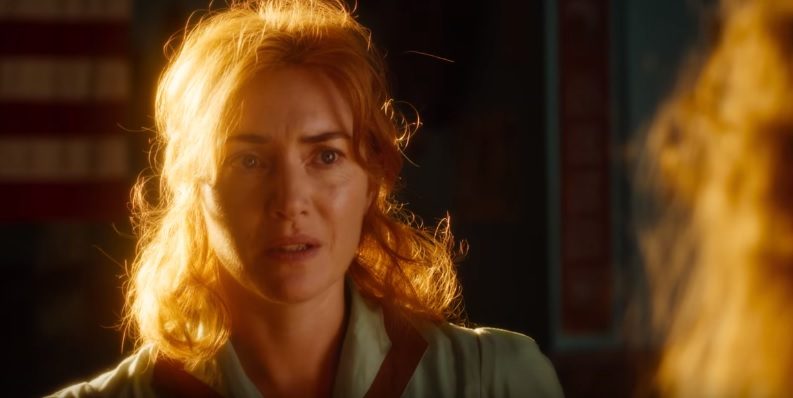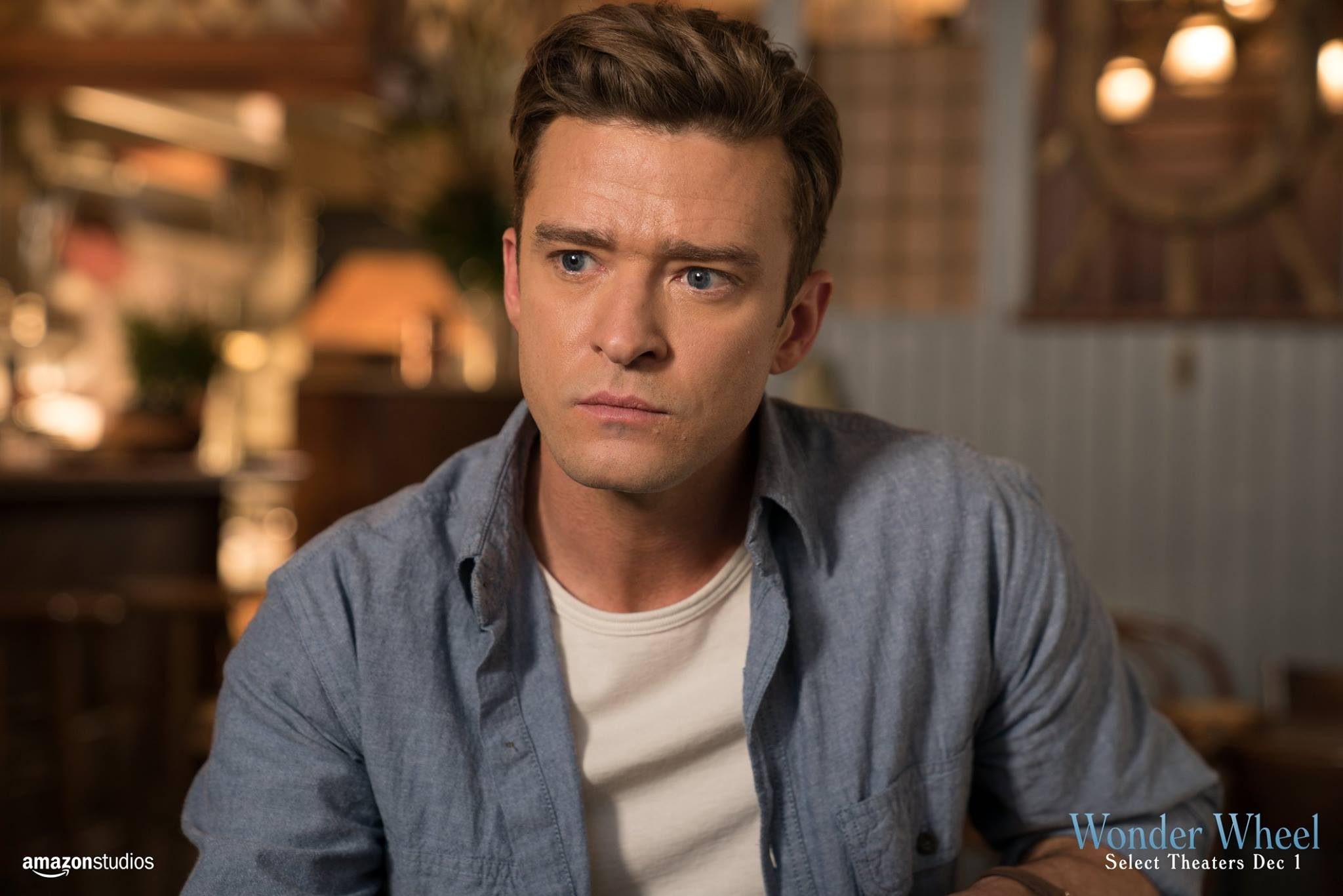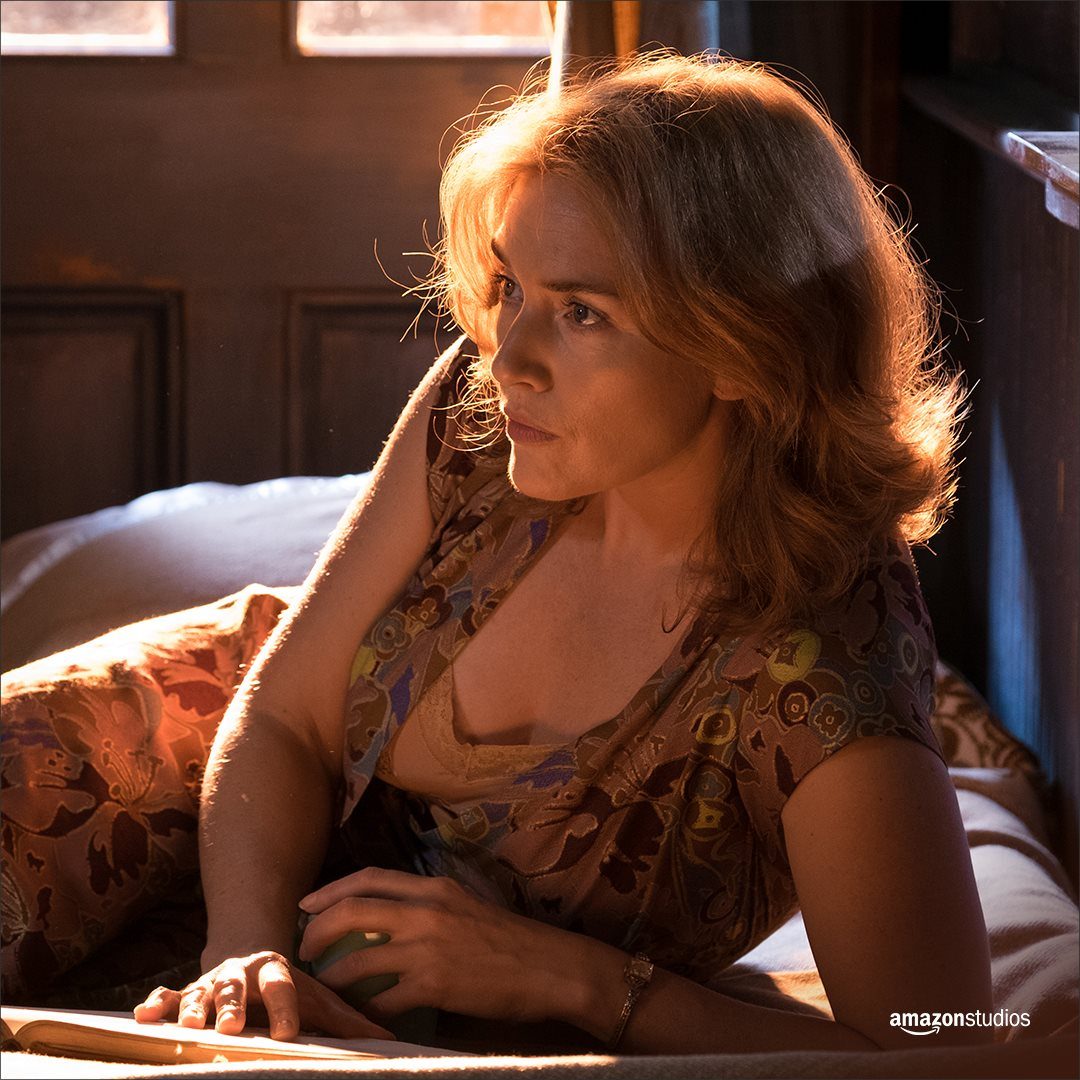SUMMARY
This is AI generated summarization, which may have errors. For context, always refer to the full article.

There’s a lot to like in Woody Allen’s Wonder Wheel, despite the erratic and loose moods that betray its period charms.
Stifling theatricality
First, Kate Winslet’s turn as Ginny, a former actress now stuck as an oyster bar waitress in Coney Island, is rife with affecting melancholy. She represents the film’s moral core – the character who, in the film’s end, is faced with the decision to follow her heart, no matter what the consequences are. The performance is grounded, one that grants the stifling theatricality of the entire film a chance at some form of humanity.
Unfortunately, Winslet is alone in that department. Almost everybody else in Allen’s cast feels out of place.
Jim Belushi, who plays Ginny’s husband, is mostly fine here, except that there are times where his performance could use a little bit of subtlety. Juno Temple, who plays Belushi’s daughter Carolina, is similarly situated, seemingly drab against the gorgeous period detail.
It is Justin Timberlake, who opens the film with a monologue about his character’s dreams to become a writer and affection for melodrama, who seems to be the film’s oddest presence. He plays a lifeguard who gets romantically involved with Ginny, turning into her opportunity to escape the morose life fate has given her.
However, Timberlake lacks a certain magnetism, an ability to make his character’s dashing ways believable. He comes off as whiny and amateurish, almost unable to exhibit the required depth of emotions to communicate his character’s awkward predicament of being both Ginny and Carolina’s romantic interest.

Lush-looking
It really is Vittorio Storaro’s cinematography that transforms Wonder Wheel from a dull drama with very uneven performances to a sumptuous feast for the eyes.
The film looks lush. It emphasizes the internal turmoil of its characters, backdropping those repressed emotions with the colors and noise of Coney Island’s famous theme park. During the day, the film basks in easy sunlight, which makes the scenes at night, usually set inside Ginny and her husband’s apartment, more wistful, in the sense that the blues, reds, and purples, and all the emotions those hues represent far more pronounced.
Nostalgia is a theme that pervades the film.
All the characters have a grudge against the past, with Ginny basking in the glory of how hopeful she was before she married her husband, or how Carolina is running away from the sins she committed to her family, or how Ginny’s husband has become so doting to her prodigal daughter as a means of making up for lost time. Allen seems to be united with his characters, churning out a film that looks at the past with unwieldy sentimentality.

Done away with artifice
Wonder Wheel could have done away with a lot of its artifices. It didn’t need to have Timberlake to serve as the film’s storyteller. It is a film that has romance at its heart, but is decidedly disinterested in love. – Rappler.com

Francis Joseph Cruz litigates for a living and writes about cinema for fun. The first Filipino movie he saw in the theaters was Carlo J. Caparas’ Tirad Pass.
Since then, he’s been on a mission to find better memories with Philippine cinema.
Add a comment
How does this make you feel?
There are no comments yet. Add your comment to start the conversation.